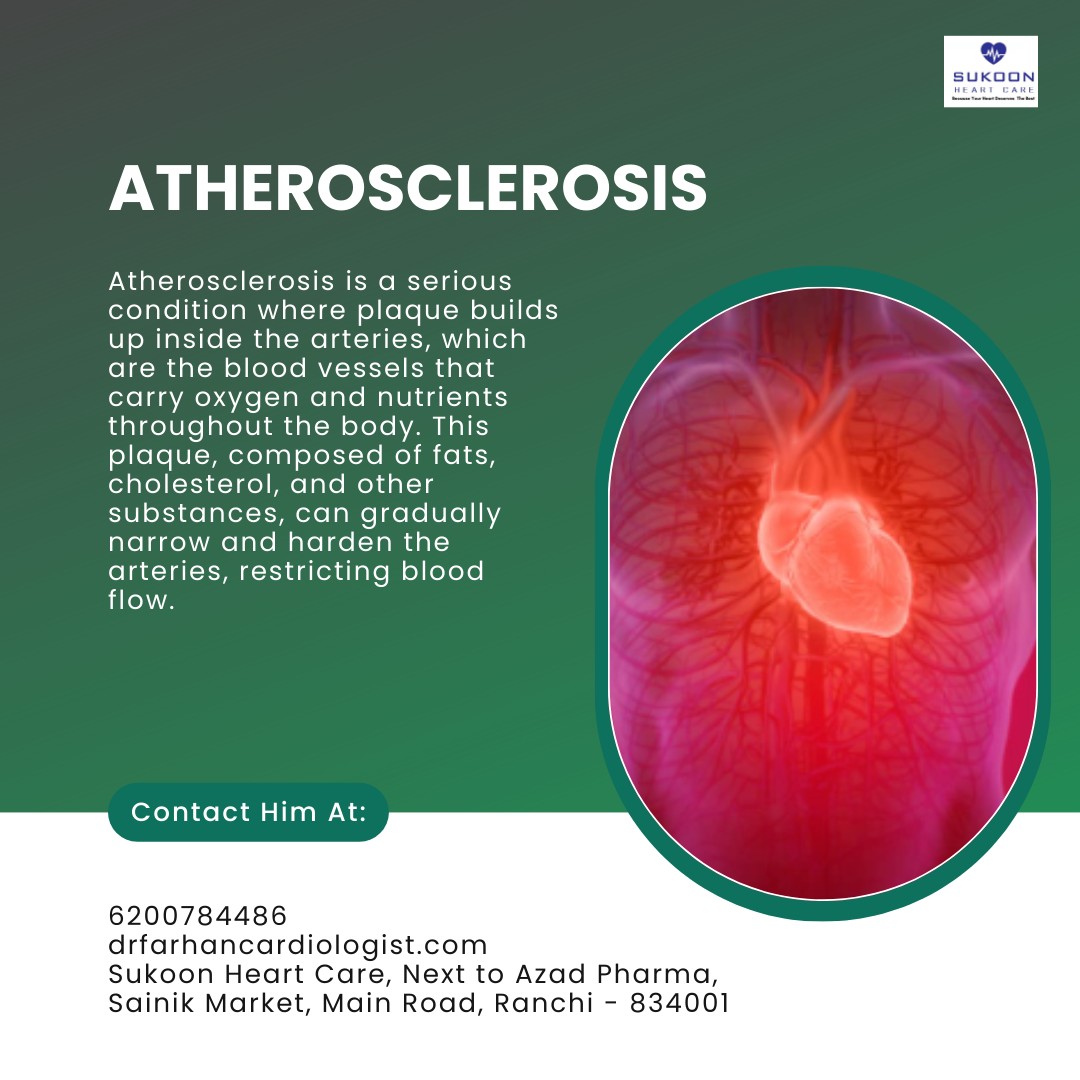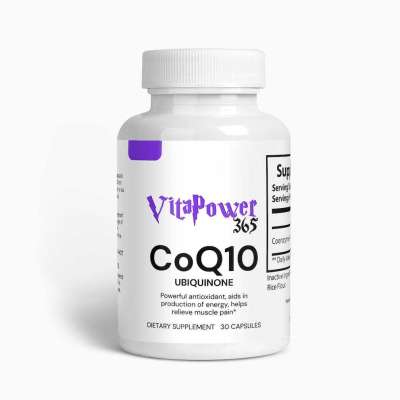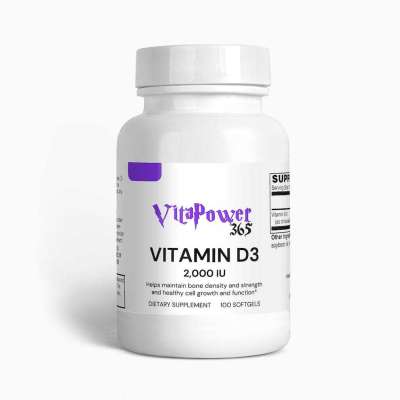Atherosclerosis is a common and serious condition that affects the arteries in the body. It involves the buildup of plaque—a combination of fatty deposits, cholesterol, and other substances—on the walls of the arteries. This buildup narrows and hardens the arteries over time, leading to reduced blood flow and potential complications. Dr. Md. Farhan Shikoh, a leading cardiologist with Sukoon Heart Care in Ranchi, sheds light on this condition, its causes, symptoms, and management strategies.
Causes and Risk Factors
The development of atherosclerosis is influenced by several factors. Key risk factors include high cholesterol levels, high blood pressure, smoking, diabetes, and a sedentary lifestyle. Genetic predisposition also plays a role, as some individuals are more likely to develop the condition based on their family history. Additionally, age and gender can impact the likelihood of atherosclerosis, with older individuals and men being at a higher risk.
Symptoms and Diagnosis
Atherosclerosis often develops gradually, and its symptoms may not be immediately apparent. As the condition progresses, symptoms can vary depending on which arteries are affected. For example, if the coronary arteries are involved, patients may experience chest pain or angina. If the carotid arteries are affected, it can lead to strokes or transient ischemic attacks (TIAs). Symptoms may also include leg pain or cramping, which can indicate peripheral artery disease.
Diagnosis of atherosclerosis typically involves a combination of medical history review, physical examination, and diagnostic tests. Common tests include blood tests to measure cholesterol levels, imaging studies such as ultrasound or angiography, and stress tests to assess heart function.
Management and Treatment
Managing atherosclerosis involves a multifaceted approach. Lifestyle modifications are crucial and include adopting a heart-healthy diet, increasing physical activity, and quitting smoking. These changes can help slow the progression of the disease and improve overall cardiovascular health.
Medications may also be prescribed to help control risk factors such as high cholesterol and high blood pressure. Statins, for example, are commonly used to lower cholesterol levels and reduce plaque buildup. Other medications might include antihypertensives to manage blood pressure or antiplatelet drugs to prevent blood clots.
In more severe cases, medical procedures may be necessary. Angioplasty and stenting are procedures used to open narrowed arteries and restore blood flow. In some instances, bypass surgery might be recommended to create a new path for blood flow around the blocked arteries.
Consulting with a Specialist
For individuals concerned about atherosclerosis or experiencing symptoms related to the condition, consulting a specialist is essential. Dr. Md. Farhan Shikoh, MBBS, MD (Medicine), DM (Cardiology), is a recognized Best Diabetes Doctor in Ranchi at Sukoon Heart Care in Ranchi. Dr. Shikoh offers expert evaluation, diagnosis, and management of atherosclerosis and other cardiovascular conditions. For personalized care and consultation, Dr. Shikoh can be reached at Sukoon Heart Care, Sainik Market, Main Road, Ranchi, Jharkhand: 834001, or by calling 6200784486. More information can be found on his website https://drfarhancardiologist.com/.
Understanding and managing atherosclerosis is crucial for maintaining cardiovascular health. By addressing risk factors, making lifestyle changes, and seeking professional guidance, individuals can effectively manage this condition and reduce their risk of serious complications.
#bestcardiologistinranchi #bestheartdoctorinranchi #bestheartspecialistinranchi #bestdiabetesdoctorinranchi #sukoonheartcare #ranchi #drfarhanshikoh












